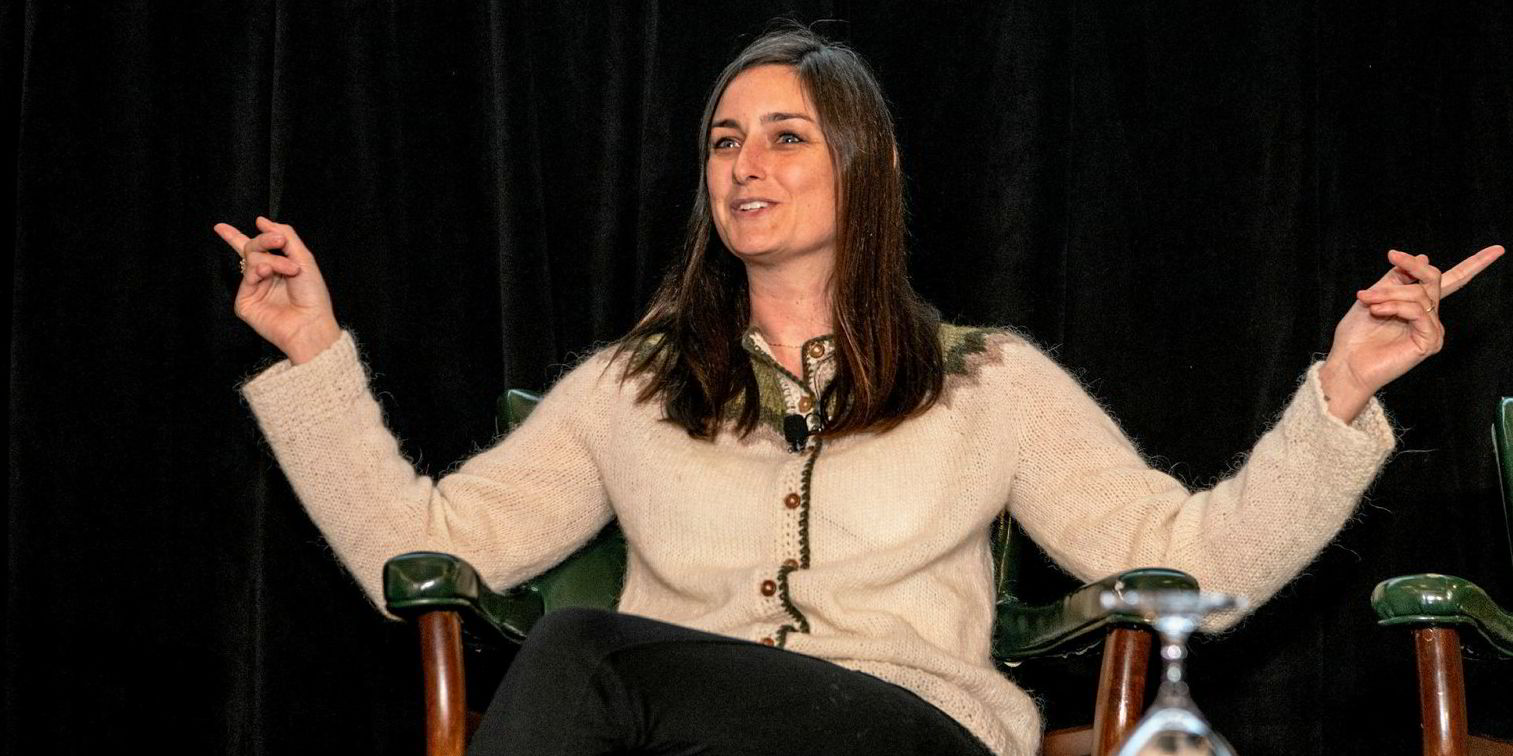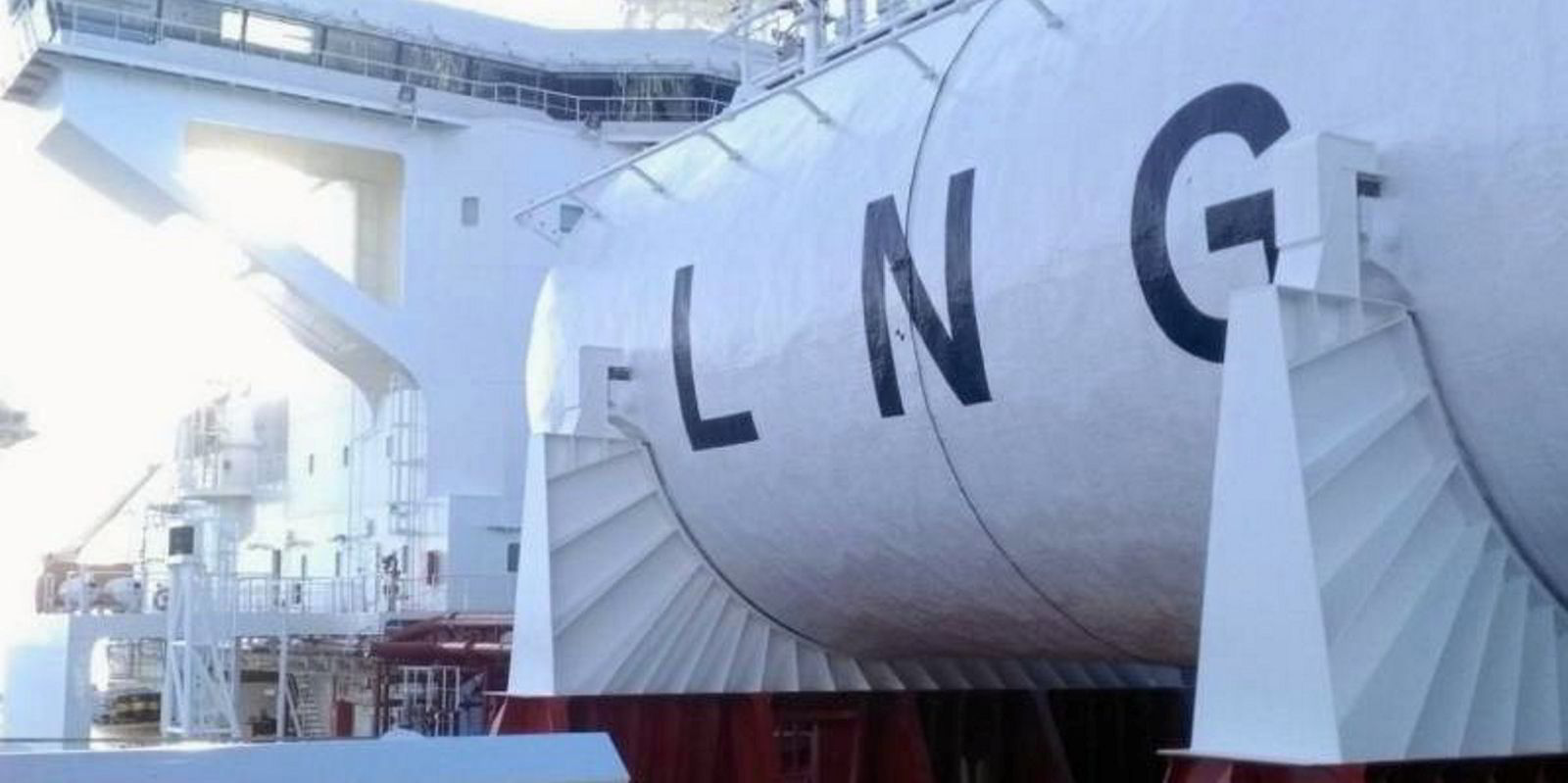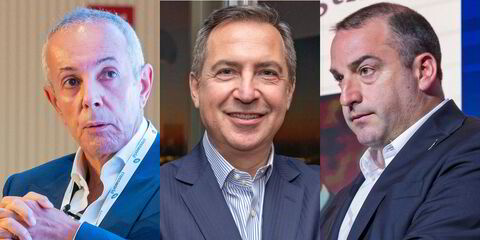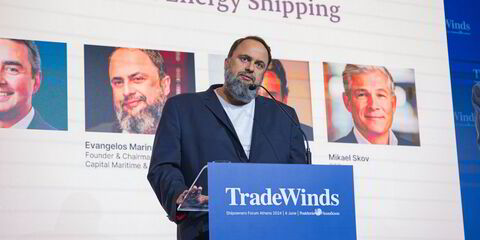Gasum will supply Hapag-Lloyd container vessels with liquefied biomethane during a two-year tender period.
The Nordic energy firm will provide the German liner operator with 20,000 tonnes of bio-LNG in 2025 and 2026.
That follows a tender issued to Hapag-Lloyd in April by the Zero Emission Maritime Buyers Alliance (Zemba), a consortium of container shippers that are trying to lower emissions.
The tender was for ocean shipments on waste-based bio-LNG that attain at least a 90% reduction of greenhouse gas emissions.
Gasum is supplying Hapag-Lloyd with the needed amount of bio-LNG to fulfil the requirements of the tender.
That stipulates waste-based bio-LNG in line with strict sustainability requirements of Zemba and the Renewable Energy Directive, RED II.
The bio-LNG will be used on a route between Rotterdam and Singapore.
“This agreement is a stepping stone towards our target to be net-zero carbon by 2045,” said Jan Christensen, senior director of fuel purchasing at Hapag-Lloyd.
Zemba is an alliance of cargo owners and buyers that describes its goal as accelerating commercial deployment of zero-emission shipping by aggregating its demand. It will issue a second tender this year with the intention of buying the attributes of e-fuels.
The alliance includes companies such as Amazon as well as brands including Nike, Patagonia and Sport-Thieme.
Ambition
Gasum’s biomethane is produced from waste feedstocks such as biowaste, sewage sludge, manure and other industrial and agricultural side streams.
The residual solids and liquids created in the biogas production process are further processed and used as, for example, fertilisers in agriculture or raw materials in industrial processes.
“This agreement demonstrates that the green transition in the maritime transport sector is picking up speed,” said Gasum vice president Jacob Granqvist.
“We need all hands on deck to drive the effort, and using bio-LNG to fuel maritime transports is an effective way to reduce emissions today, rather than in the distant future.”
Gasum produces biogas in its own 17 plants in Finland and Sweden and has established long-term partnerships with certified producers throughout Europe.
It aims to offer seven terawatt hours of renewable gas to its customers yearly by 2027, including biomethane and e-methane.
Achieving this goal would mean a combined CO2 reduction of 1.8m tonnes per year, the company claims.(Copyright)







